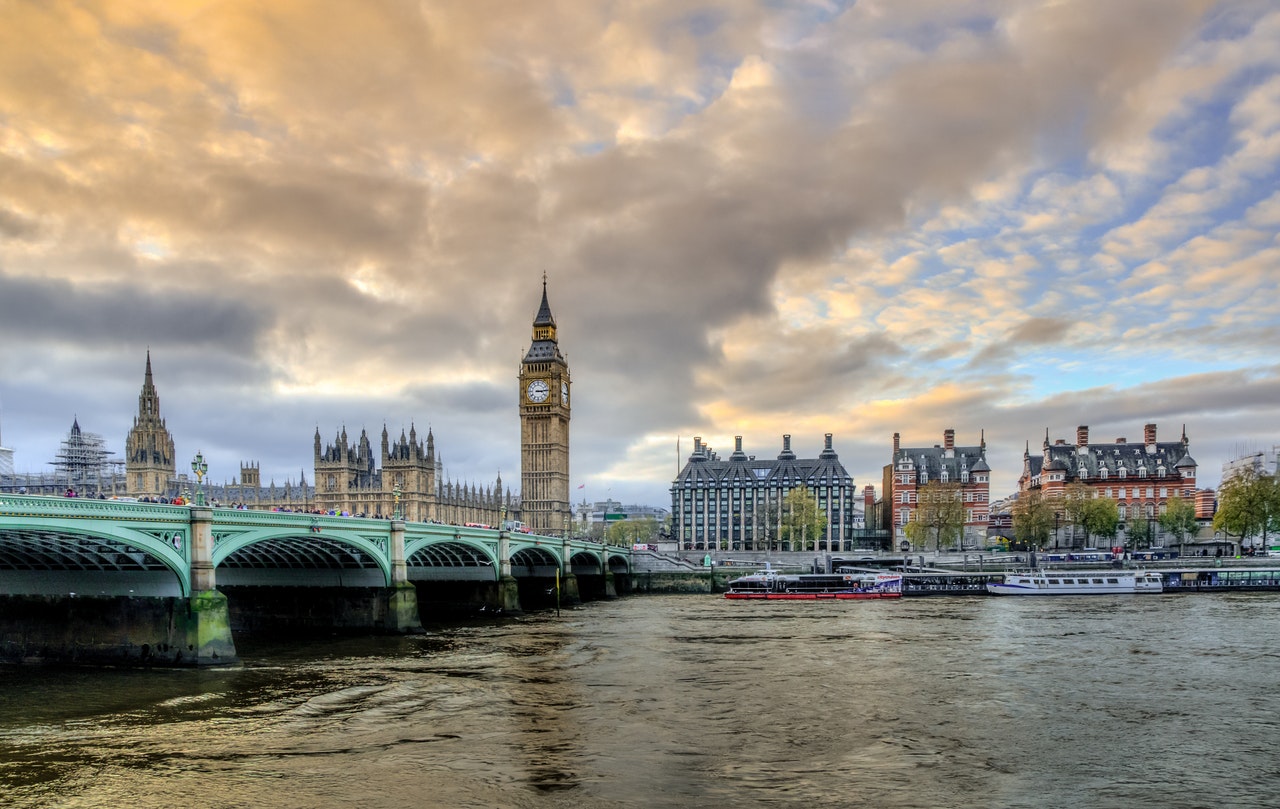
London has seen unprecedented growth in recent years. Decades of runaway growth saw the average house price in the capital grow from £257,000 in 2006 to £474,000 in 2016. However, due to the rising problems facing the London property market, the property boom has finally come to an end.
Moving away from growth
Speaking in their February report, the home-listing website, Rightmove, is showing data suggesting the end of a boom. Asking prices were down 1% from a year earlier and is noted as the sixth consecutive fall for the market.
Notably, demand is down in the capital. Buyers are noting the inflated cost and poor return on investment, instead choosing to look at other markets. More buyers are being attracted to other cities, such as Birmingham, or choosing to live outside the centre and commute in. As transport links continue to improve, the ease of commuting could see suburb or outside city living becoming a more appealing prospect.
Brexit uncertainty has decrease demand for a London property, while years of inflation has pushed ownership out of reach for many. London is no longer attracting big buyers and is too expensive for smaller investors.
In addition, Brexit fears are resulting in European buyers looking to more stable cities, particularly those remaining in the EU. As a result, cities such as Paris are taking the place of London, according to a 2018 report by global real estate company, Savills.
Demand easing the fall
Despite multiple reports pointing towards a decrease in prices and demand in London, any potential damage is being limited. Cautious sellers aren’t flooding the market in a panic to be out of the market. This is likely due to the lower selling prices available. However, the benefit of this is a more stable market.
This means that the market is likely to avoid the problem of oversupply, as the long-running supply-demand imbalance in the city acts to provide some support to prices.
Speaking in the report, Rightmove Director Miles Shipside notes: “End-of-the-boom prices normally readjust more quickly if there is an oversupply…[however] some would-be sellers are holding back, preventing a glut of competition from forcing prices downward.”
London bucking the national trend
In addition, the capital’s housing market is continuing to lag behind the rest of the UK in 2017. It is now the worst performing market in the UK, with little suggestion that this is likely to change anytime soon.
Rightmove’s report shows that UK growth is positive, yet still contains underperforming figures. Nationally, asking prices increased 0.8% in February from January, though that was below the 10-year average for the time of year. The average price of £300,000 is up 1.5% year-on-year. That compares with gains of about 6% seen less than two years ago.
As positive growth is being seen in other major cities, including Birmingham and Manchester, London is pulling down the national average. With the boom over and increasing competition threatening the popularity of the city, London needs to readjust its market to remain a viable investment location.
About Samir Salya
Samir Salya is the Chairman of Reign Holdings and is involved in UK and UAE real estate and construction. Samir holds over 20 years’ experience in executive management, business expansion, performance improvement, sales and marketing.
